GameBox Asia is a high quality, authentic collection of three famous tile games of the Orient. Incredible graphics, authentic Chinese tile sets and boards, smooth animations and visual effects, a fantastic oriental soundtrack, realistic sound effects, and incredible playability combine to make this the best possible tile game for your Pocket PC or Palm.
Features:
- Three classic games: Mahjong, Shisen-Sho, and Nagori.
- Multiple Board Layouts: Over 80 default board layouts.
- Three different tile sets: Select from three unique tile sets.
- Tournament Mode: Test your skills to complete 28 levels of increasing difficulty.
- Multiplayer: Challenge a friend to see who can match tiles faster.
- Free Mode: Play the game at your own pace to practice for the Tournament.
- Unlimited Undos: Unlimited undos and replay feature gives you a chance to correct any error.
- Ambient music: Three sound tracks totalling over 15 minutes made by Jason Surguine, the well-known PDA musician.(Music is not available on some Palm OS devices)
Mahjong
Introduction 'Mahjong' translates to 'Chattering Sparrow' from Chinese, which possibly refers to the sound the tiles make when they are moved against one another.
Object and Rules The goal of Mahjong is to remove all of the tiles from the board. Each board can differ in the number of tiles, size, pattern and height. To remove the tiles from the board, you must remove the tiles in pairs. This pair of tiles must be a match of the same type, and be free to move. When matching tiles, all but two tile sets will match the exact same tile. For a tile to be free to move, it cannot be covered by another tile, and either its left or right side must not be touching another tile.
Shisen-Sho
Introduction A unique variant of Mahjong. Sometimes referred to as Rivers of Four Rivers. The game involves strategically removing all of the Chinese tiles from the board. Myth has it that Mahjong was so popular in Szechuan, that they created a variant of the game to play with the same tiles. However, the traditional name of the game is Shisen-Sho, which is a Japanese name for the river-province of Szechuan. The original author is thought to be Japanese, but the name and time of creation are unknown.
Object and Rules The object in Shisen-Sho is to remove all tiles from the field. Each board can differ in the number of tiles, size, and pattern. To remove the tiles from the board, you must remove the tiles in pairs. This pair of tiles must be a match of the same type, and can only be removed if they can be connected with an imaginary line. This imaginary line should connect the tiles in, at most, three connected lines without passing through any other tiles. Try to visualize if you can connect the two tiles with an invisible line to see if you can remove the pair or not.
Nagori
Introduction The classic game of memory, using Chinese Mahjong tiles. The game involves strategically removing all of the Chinese tiles from the board. History shows that a game of memory has been found in almost every culture in the world, in one form or another. While many cultures claim that their game of memory is thousands of years old, no single memory-type game can be traced to a definitive origin.
Object and Rules The object in Nagori is to remove all tiles from the field. Each board can differ in the number of tiles, size, and pattern. To remove the tiles from the board, you must remove the tiles in pairs. This pair of tiles must be a match of the same type. The catch is that you can only see one tile at a time, therefore you must use your memory to remember which tile lay where to make the matches.
In 2008, the Palm Os port of Gamebox Asia was released as freeware by PDAMill.
Compatibility
| Device: | All |
| OS: | 5.05.4 |
Download
| Version | File | Size |
|---|---|---|
| 1.0 | Asia_320x320.zip | 1.5M |
| 1.0 | Asia_480x320.zip | 1.9M |

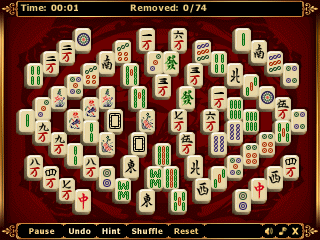

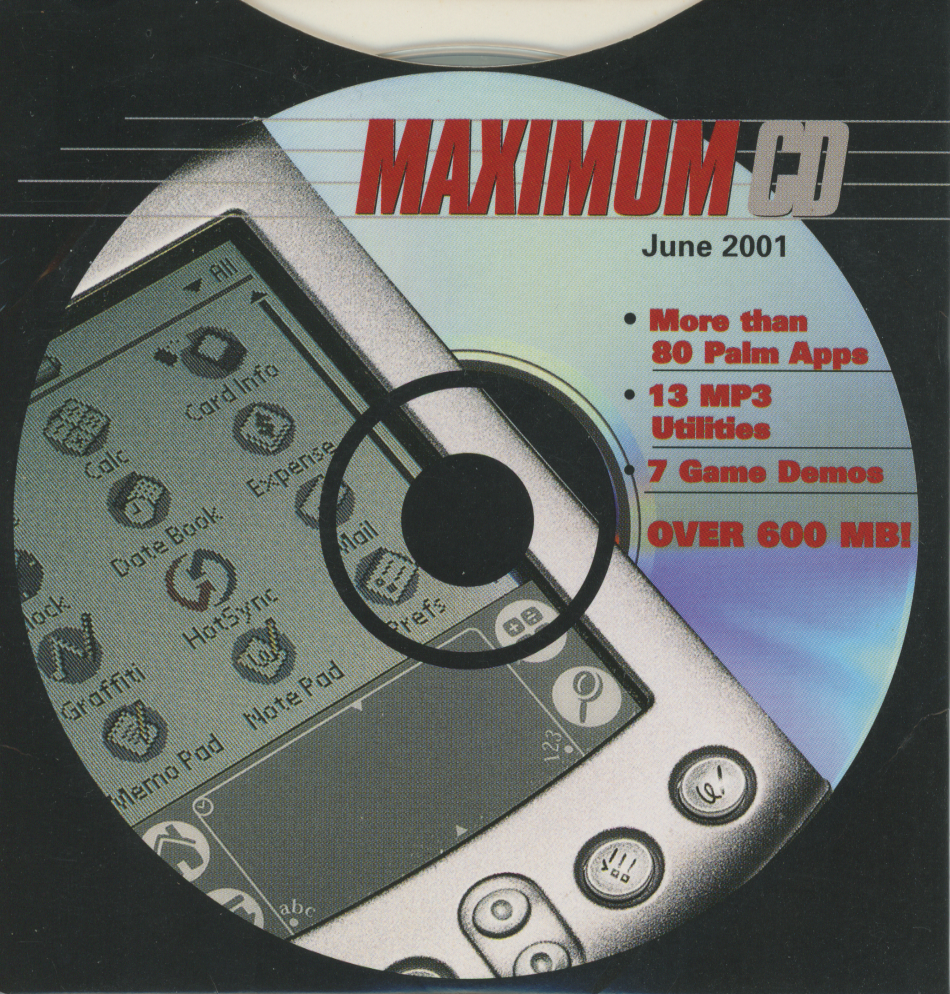
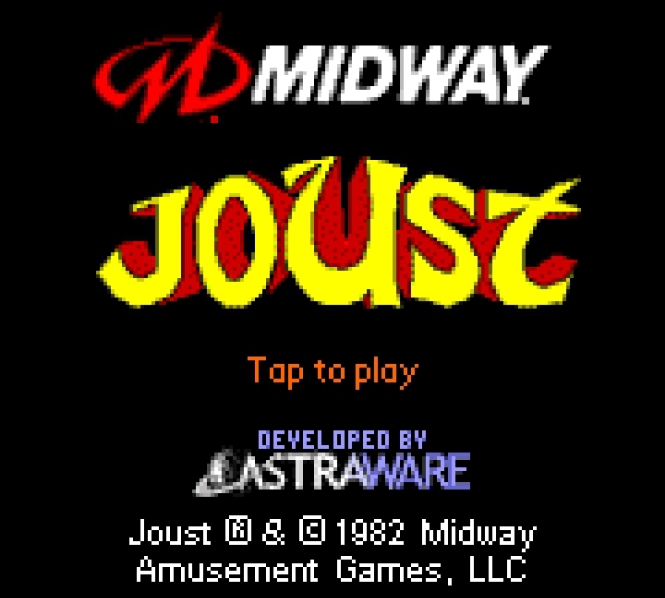
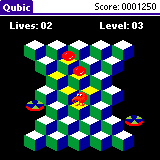
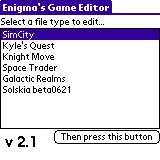
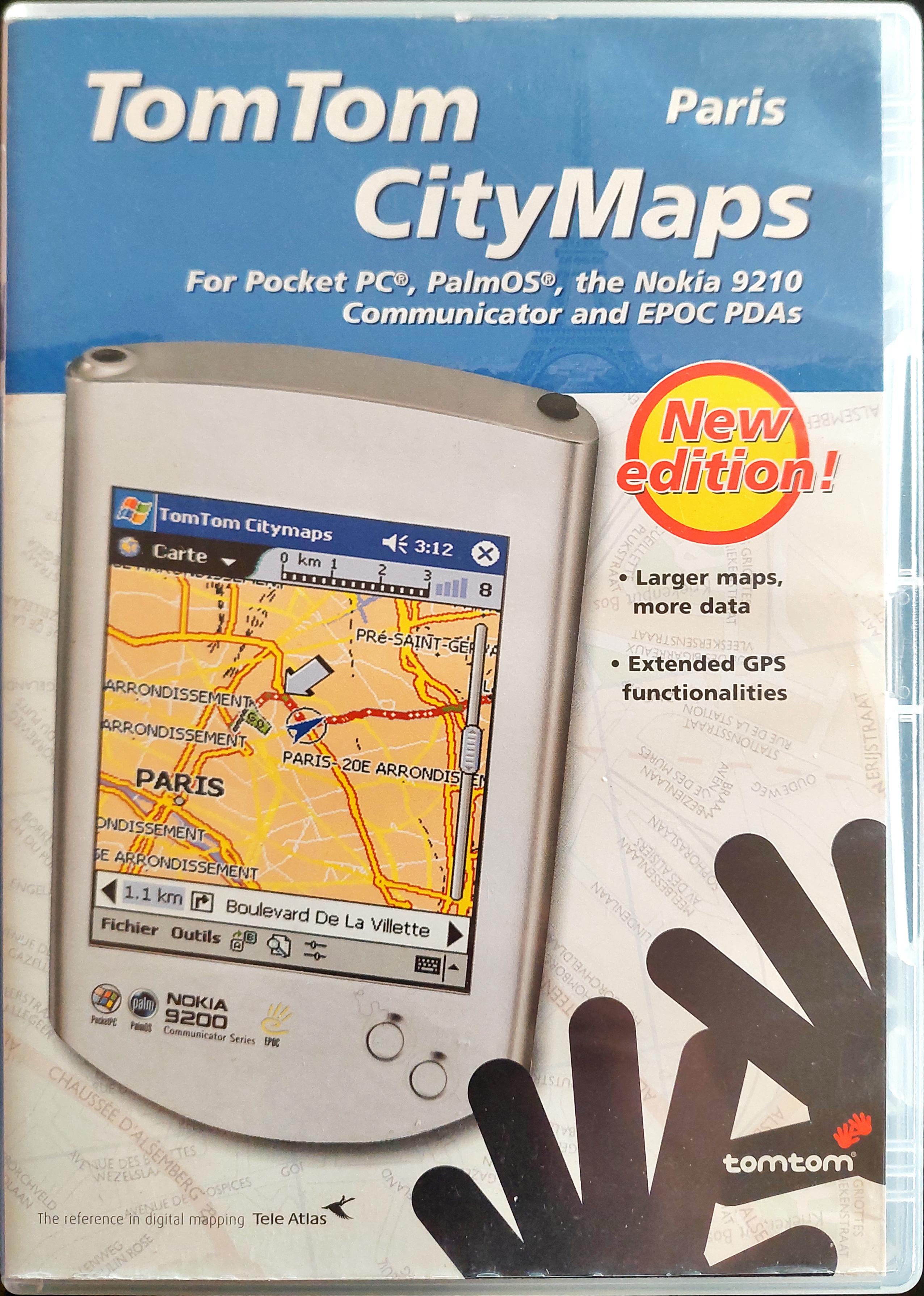

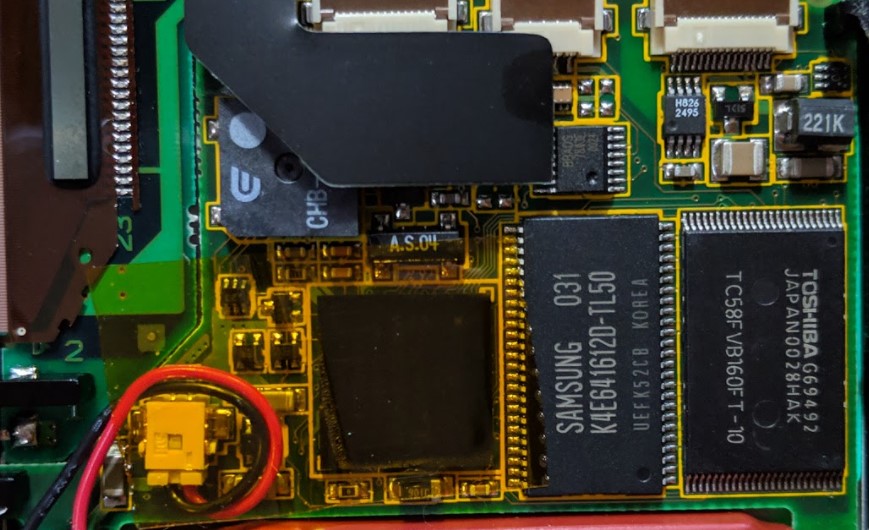
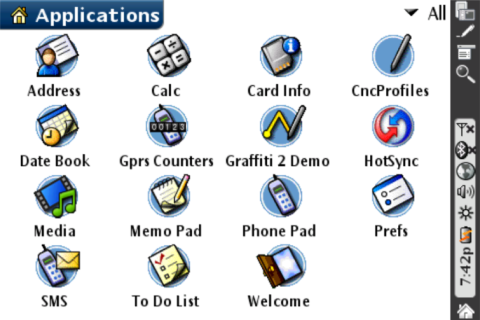
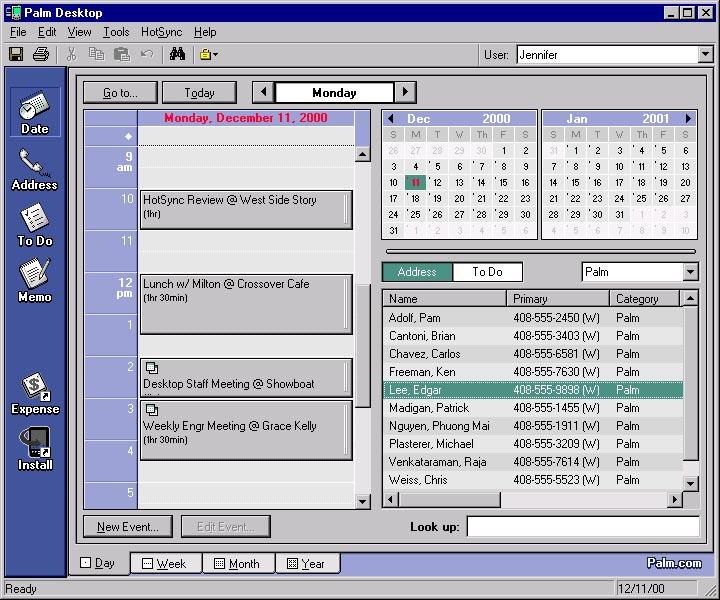
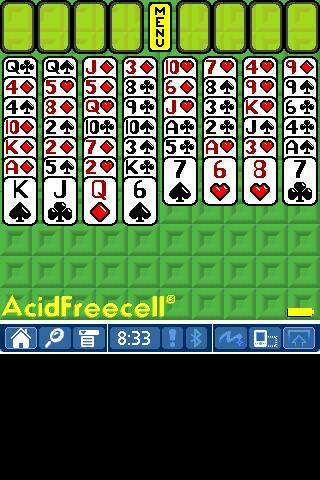
comments